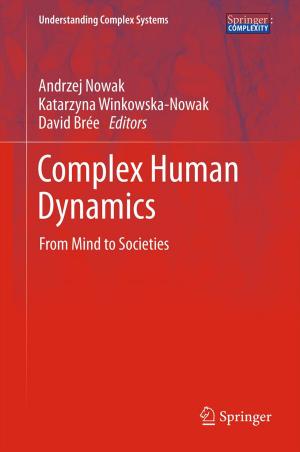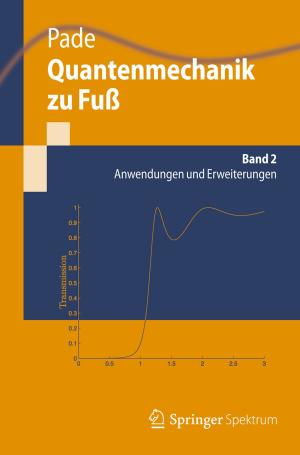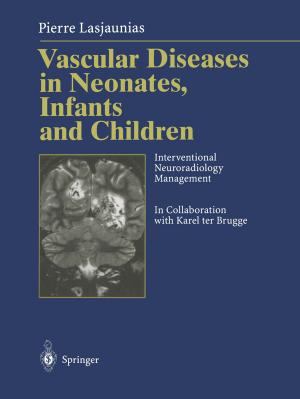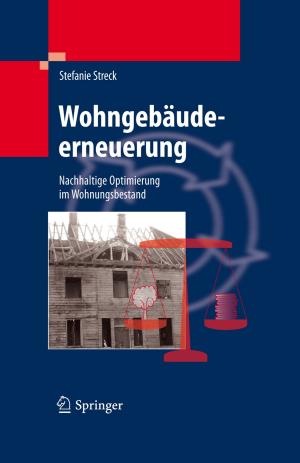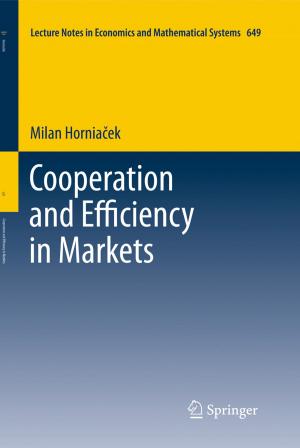The Cox Model and Its Applications
Nonfiction, Health & Well Being, Medical, Reference, Biostatistics, Science & Nature, Mathematics, Statistics| Author: | Mikhail Nikulin, Hong-Dar Isaac Wu | ISBN: | 9783662493328 |
| Publisher: | Springer Berlin Heidelberg | Publication: | April 11, 2016 |
| Imprint: | Springer | Language: | English |
| Author: | Mikhail Nikulin, Hong-Dar Isaac Wu |
| ISBN: | 9783662493328 |
| Publisher: | Springer Berlin Heidelberg |
| Publication: | April 11, 2016 |
| Imprint: | Springer |
| Language: | English |
This book will be of interest to readers active in the fields of survival analysis, genetics, ecology, biology, demography, reliability and quality control.
Since Sir David Cox’s pioneering work in 1972, the proportional hazards model has become the most important model in survival analysis. The success of the Cox model stimulated further studies in semiparametric and nonparametric theories, counting process models, study designs in epidemiology, and the development of many other regression models that could offer more flexible or more suitable approaches in data analysis.
Flexible semiparametric regression models are increasingly being used to relate lifetime distributions to time-dependent explanatory variables. Throughout the book, various recent statistical models are developed in close connection with specific data from experimental studies in clinical trials or from observational studies.
This book will be of interest to readers active in the fields of survival analysis, genetics, ecology, biology, demography, reliability and quality control.
Since Sir David Cox’s pioneering work in 1972, the proportional hazards model has become the most important model in survival analysis. The success of the Cox model stimulated further studies in semiparametric and nonparametric theories, counting process models, study designs in epidemiology, and the development of many other regression models that could offer more flexible or more suitable approaches in data analysis.
Flexible semiparametric regression models are increasingly being used to relate lifetime distributions to time-dependent explanatory variables. Throughout the book, various recent statistical models are developed in close connection with specific data from experimental studies in clinical trials or from observational studies.

